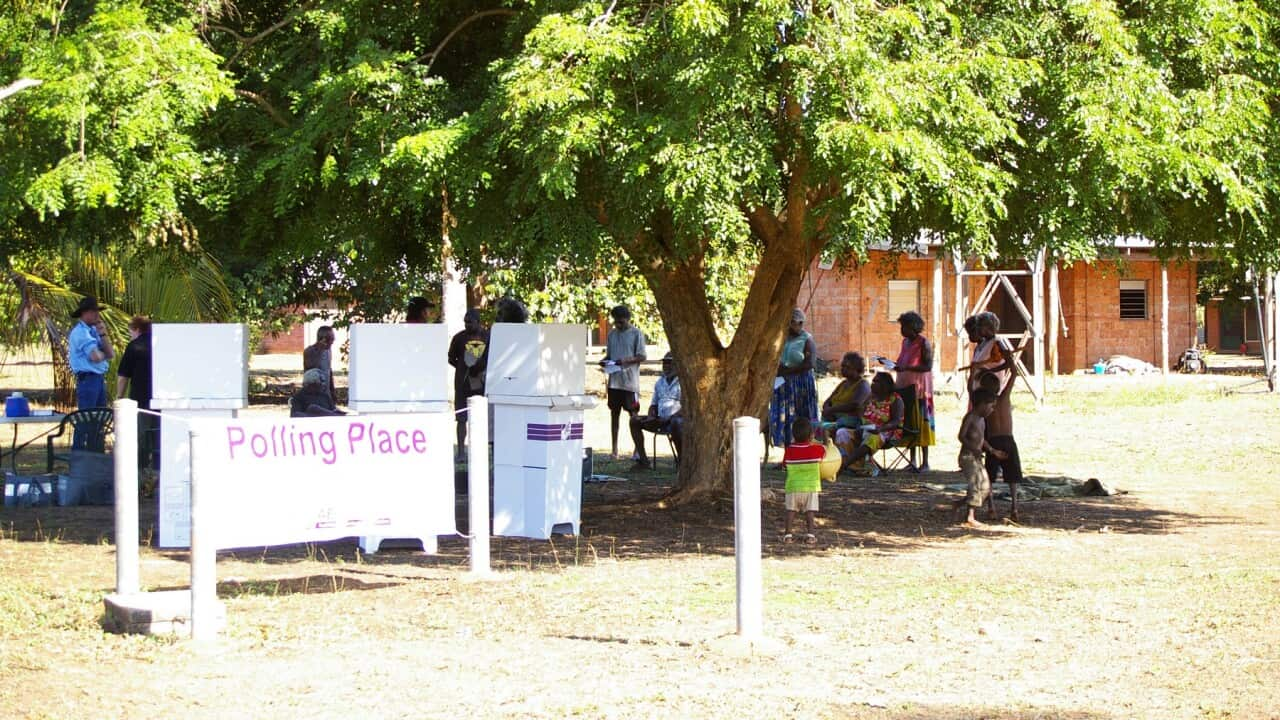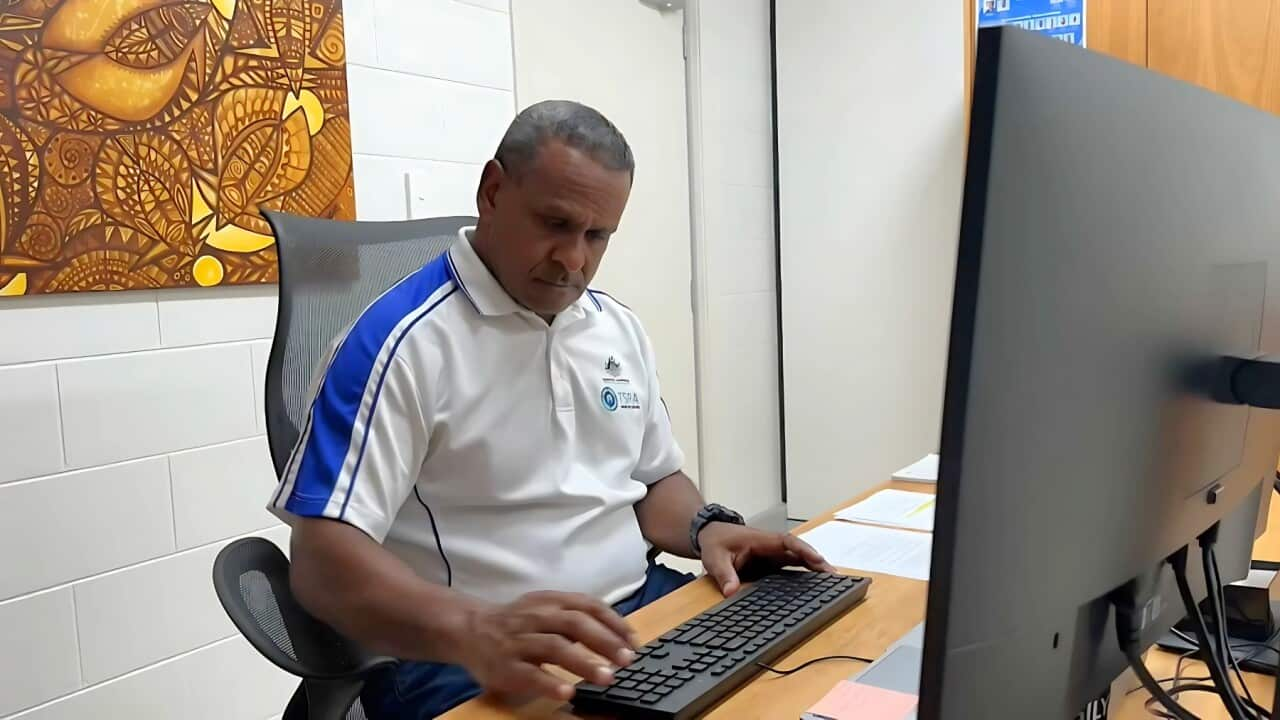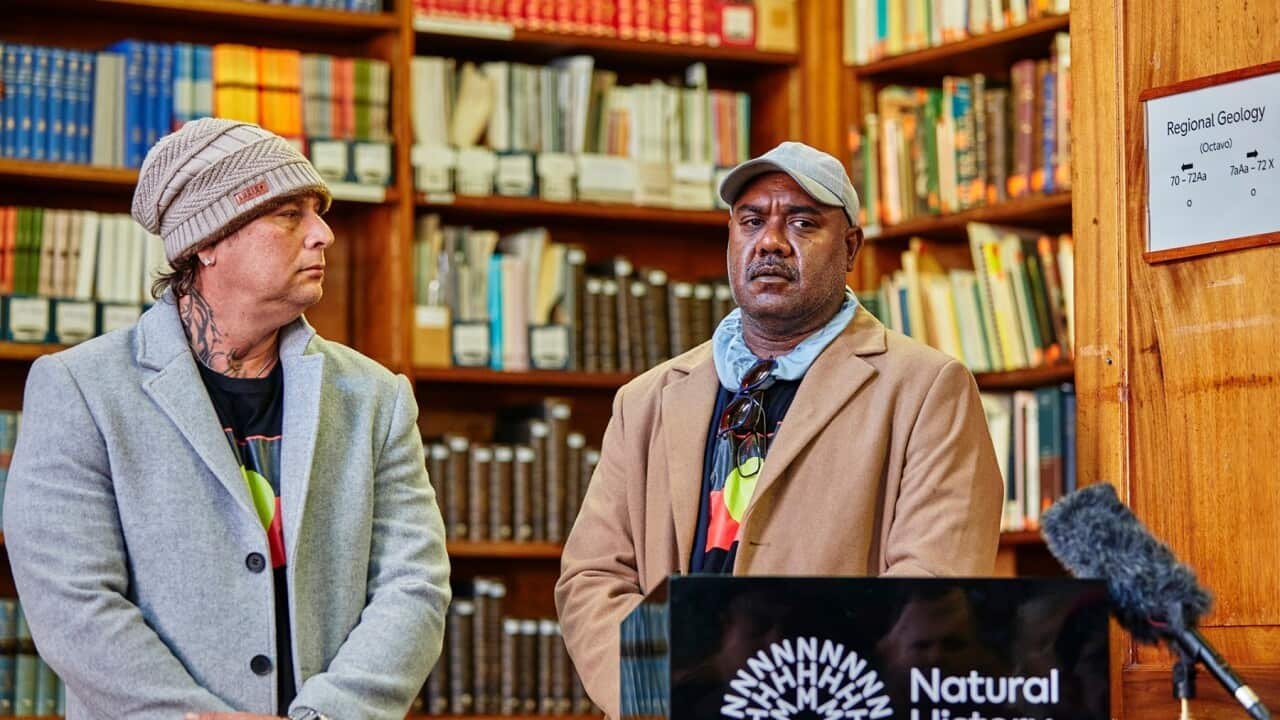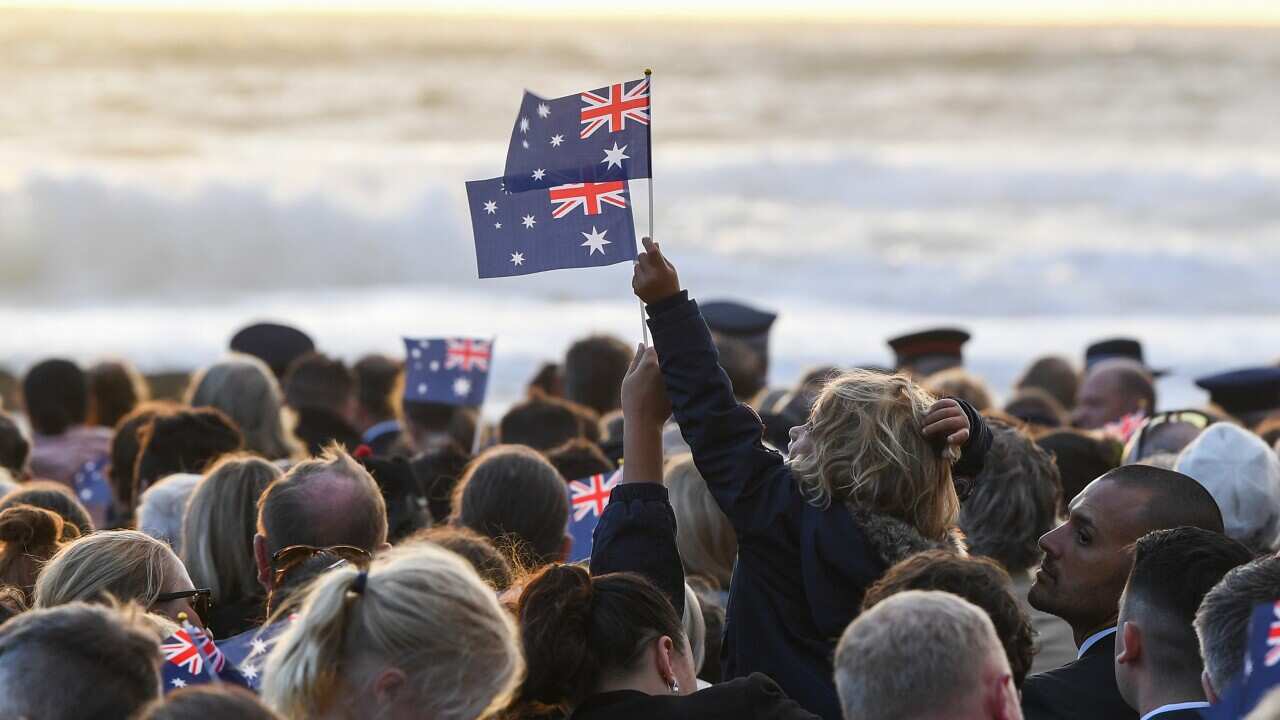TRANSCRIPT
In 2017, 250 Indigenous leaders from around the country gathered at Uluru.
There, they formulated and endorsed the Uluru Statement from the Heart.
This simple yet poetic set of words called for three things: Voice, Treaty and Truth.
Professor Megan Davis, member of the Referendum Council, read the statement for the first time on the red-dirt floor of the convention.
"We seek constitutional reforms to empower our people and take a rightful place in our own country. When we have power over our destiny our children will flourish. They will walk in two worlds and their culture will be a gift to their country. We call for the establishment of a First Nations Voice enshrined in the Constitution. "
It's taken six years, but Australia is now being asked to vote on this request to alter the constitution.
Australians will be asked to vote YES or NO in answer to the question:
"Do you support a change to the constitution to recognise the first peoples of Australia by establishing an Aboriginal and Torres Strait Islander Voice?"
So what exactly is the Voice?
The Government's First Nations Referendum Working Group says the Voice would be a permanent body to make representations to the Australian Parliament and the Executive Government on legislation and policy of significance to Aboriginal and Torres Strait Islander peoples.
Pat Anderson, a member of the Referendum Working Group, says the Voice is needed because Australia must do better when it comes to its first peoples.
"It's a universal truism that when you involve people that you're making decisions for, you make better decisions, and better allocation of the all the resources that are required. This is fundamental to any democracy. And you know Australia is one of the few liberal democracies in the world that does not have any arrangement, any settlement with its first peoples."
The idea isn't new.
Reconciliation Australia says Aboriginal and Torres Strait Islanders have been calling for a political voice in one form or another for close to a century.
Minister for Indigenous Australians Linda Burney says the call should be honoured, for the simple reason that it's what Indigenous leaders have asked for - after an exhaustive and thorough process, initiated by government.
"122 years after the Australian Constitution was formed, more than 80 years since William Cooper had his petition, 35 years since the Burunga statement, 30 years since Keating's Redfern speech. 16 years since John Howard promised a referendum for recognition. 15 years since the apology. 13 years since the expert panel on Constitutional recognition, and six years, everyone, since the Uluru Statement from the Heart. The question must surely be asked. How much longer do Aboriginal and Torres Strait Islander People have to wait for recognition? When will we finally resolve this unfinished business? "
So, why does the Voice need to be enshrined in the constitution?
Opponents argue it could simply be legislated, as previous bodies have been.
The Indigenous leaders involved say only that can ensure it cannot be influenced or abolished by any future government, as previous advisory groups such as ATSIC [[AT-sik - Aboriginal and Torres Strait Islander Commission]] were.
Marcia Langton is a key architect of the Voice and member of the Referendum Working Group.
"The Royal Commission into Aboriginal Deaths in Custody. The inquiry into the forced removal of Aboriginal children from their families. The Don Dale Royal Commission. I could go on and on. And in each case we have doggedly recommended changes to stop the deaths, the incarceration, the early deaths, and the miserable lives and it is so infrequently that our recommendations are adopted. This is why we cannot report on many improvements in the closing the gap indicators. We're here to draw a line in the sand and say, this has to change, people's lives have to improve, and we know from the evidence that what improves people's lives is when they get a say. And that's what this is about. "
Why should the Voice come before the Uluru Statement's calls for Treaty and Truth?
Advocates say it's because to achieve a treaty, the government needs a representative body to negotiate with - something that doesn't currently exist.
Polls have repeatedly shown the Australian public broadly supports constitutional recognition of the country's original inhabitants.
But as the debate drags on, support for this particular Voice proposal has been slipping.
The Government had hoped for bipartisan support - history shows a referendum is unlikely to succeed without it.
But the Coalition has instead chosen to back the No campaign.
Opposition Leader Peter Dutton has dubbed the proposal "the Canberra Voice".
"If a voice is embedded in the Constitution, the Parliament can't change the voice or pass laws to override it. The Parliament cannot out legislate the Constitution. If Australians have buyer's remorse, the Voice comes with a no returns policy. It's here to stay. And yet this institution hasn't even been road-tested. It hasn't been legislated as has been the case in South Australia, and the Albanese government has this option available - open to them - today."
The Opposition's chief prosecutor on the issue is Indigenous Affairs spokeswoman Jacinta Nampijinpa Price, who is also a senator for the Northern Territory.
She questions the claims that the Voice will have practical benefits and says the Voice debate is distracting from the real issues facing Indigenous communities.
" We're being put on hold until this referendum is done, and real issues aren't being addressed immediately because the Albanese government is suggesting that it is a Voice to Parliament that is the only thing that is going to solve some of our tough issues. Which is completely and utterly untrue. It is his responsibility. It is the Minister for Indigenous Australians responsibility to address these immediate concerns that are taking place right here right now."
Other criticisms include that the Voice proposal lacks detail, is racially divisive, and is vulnerable to legal challenges.
Warren Mundine is spokesman for the "no" campaign.
"My view on the voice to Parliament is that is a total waste of money, you know there is 300 and something million dollars being spent, which could be spent on community projects out there in the regions of remote Australia. It is built on the foresaw that Aboriginal People don’t have a Voice. We’ve always had a voice…and we’ve had a strong a strong voice, ever since 1973. My thing is that we need to get economic development, jobs, education and investment into those communities and building businesses . That would be the only thing that will make the difference."
But not all those opposed to the Voice are on the same team.
Unlike the Coalition, Independent Victorian Senator Lidia Thorpe says the Voice does not go far enough.
Earlier this year, Lidia Thorpe quit the Greens over its support of the Voice, and now says she is representing the Blak Sovereign Movement in her opposition.
She's instead calling for a Treaty and the full implementation of the recommendations of the 1991 Royal Commission into Aboriginal Deaths in Custody.
"You are crucifying us again, giving us no power. If you were genuine, give us Senate seats in here, like they do in New Zealand. Have a treaty like they do. Why can't we do that? What are you scared of, Labor? Hawke got sidelined by his conservatives at the time and told not to pursue treaty. You know that. Keating tried. He got shut down. And Albo has obviously got no guts."
The referendum is expected to be held any time between October and November - a date is yet to be announced.
To get up, the vote will need a majority of voters in a majority of states - a high bar to reach.













